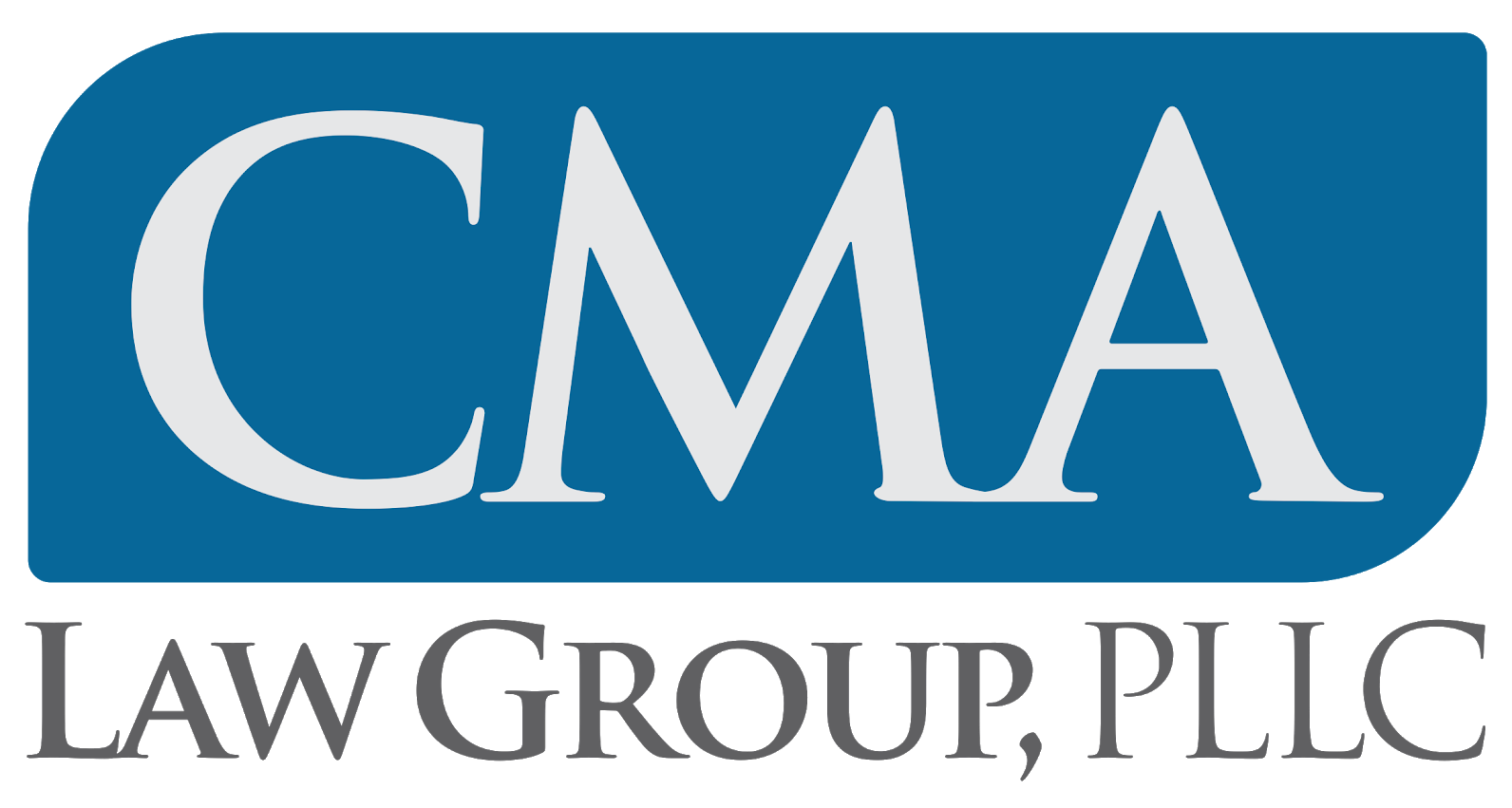USCIS Announces New Actions to Reduce Backlogs, Expand Premium Processing, and Provide Relief to Work Permit Holders
March 29, 2022
Today, U.S. Citizenship and Immigration Services will set new agency-wide backlog reduction goals, expand premium processing to additional form types, and work to improve timely access to employment authorization documents. Due to the COVID-19 pandemic and resource constraints resulting from the prior administration, USCIS inherited a significant number of pending cases and increased processing times. Through today’s actions by the Biden administration, USCIS is acting to reduce these caseloads and processing times, while also ensuring that fair and efficient services are available to applicants and petitioners.
This month to reduce the agency’s pending caseload, USCIS is establishing new cycle time goals. These goals are internal metrics that guide the backlog reduction efforts of the USCIS workforce and affect how long it takes the agency to process cases. As cycle times improve, processing times will follow, and applicants and petitioners will receive decisions on their cases more quickly. By the end of FY 2-23, USCIS will be increasing capacity, improving technology, and expanding staffing to achieve these new goals.
Premium processing is now available to petitioners filing a Form I-129, Petition for a Nonimmigrant Worker, and to certain employment-based immigrant visa petitioners filing a Form I-140, Immigrant Petition for Alien Workers. This final rule expands the categories of forms ultimately eligible for premium processing services, including Form I-539, Application to Extend/Change Nonimmigrant Status; Form I-765, Application for Employment Authorization; and additional classifications under Form I-140.USCIS intends to begin implementing, through a phased approach, premium processing availability of Form I-539, Form I-765, and Form I-140 in the fiscal year 2022. USCIS will also adhere to the congressional requirement that the expansion of premium processing must not cause an increase in processing times for regular immigration benefit requests.USCIS plans to begin this phased implementation process by expanding premium processing eligibility to Form I-140 filers requesting EB-1 immigrant classification as a multinational executive or manager, or EB-2 immigrant classification as a member of professions with advanced degrees or exceptional ability seeking a national interest waiver.
USCIS continues to make progress toward a temporary final rule currently named “Temporary Increase of the Automatic Extension Period of Employment Authorization and Documentation for Certain Renewal Applicants.” USCIS has begun streamlining many EAD processes in recent months, including extending validity periods for certain EADs and providing expedited work authorization renewals for healthcare and childcare workers. The temporary final rule aims to build on this progress and to ensure certain individuals will not lose their work authorization status while their applications are pending.
Specific content can be found here:
https://egov.uscis.gov/processing-times/
https://www.uscis.gov/forms/filing-guidance

